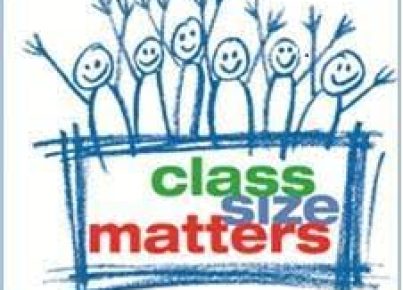Education is a fundamental aspect that plays a crucial role in shaping our society’s future. It is the bedrock upon which we build talents, skills and knowledge that transform our communities for the better. Therefore, education is a path that must not only be available to every individual but also provide quality and value that every learner deserves. However, despite the significant strides made in education, there are still pressing challenges that our educational system is facing. This essay explores the challenges that are prevalent in our education system.
Funding
A key challenge facing our education system is funding. Most schools are still underfunded by the government, resulting in inadequate resources and facilities. This has led to a shortage of skilled teachers, insufficient learning resources, and weak infrastructure that has made learning ineffective in many institutions. The government must, therefore, increase investment in education to make it possible to build a modern education system that is well-equipped to provide quality education to all students regardless of their social and economic backgrounds.
Inadequate Teachers
The quality of education is significantly dependent on the quality of teachers in a school. However, the education system continues to face a challenge of high teacher turnover, low teacher compensation, and inadequate teacher training. These factors have culminated in the shortage of highly competent educators and teachers who are passionate about their work. The education sector must, therefore, place importance on attracting and retaining talented educators who are well-compensated, rewarded and have access to comprehensive professional development programs that will enhance their skills and capabilities.
Curriculum Reform
Our education system needs to undergo drastic curriculum changes to reflect the realities and needs of today’s society. The current curriculum is outdated, and the contents taught do not adequately prepare learners for the realities of the real world. The truth is that most of the knowledge and skills taught in schools may not be relevant to the present job market; hence, learners graduate without having the right skills to seize the opportunities available. Therefore, the education sector must ensure that the curriculum is periodically reviewed, updated and revised to reflect the current labour force needs.
Inequality in the Education System
Similarly, access to education has always been a contentious issue, often characterised by stark inequalities between regions, socio-economic classes, gender and caste. Students from low-income households are particularly disadvantaged and face various challenges in acquiring education. This leads to an unequal distribution of educational opportunities that often stifles the chances of the disadvantaged in our society. As such, we need policies that address these inequalities by providing equitable access to education for all students.
Assessment Procedures
The methods used to evaluate students’ progress in our education system may not reflect real learning outcomes adequately. The focus is often on routine testing and exams that place unnecessary pressure on learners, and does not provide insights into their holistic development. The education sector must, therefore, explore both formative and summative assessment modalities that will highlight the development of skills, values and understandings, which will encourage students to cherish lifelong learning.
Conclusion
Education is a crucial aspect that requires deliberation, prioritization, and adequate investment. Therefore, policymakers and governments must consider these challenges and work towards the development of a modern education system that serves the interests of all students and equips them with the necessary skills to compete in the global market. Addressing these challenges is the first step to building a world where every individual will have access to quality education.




